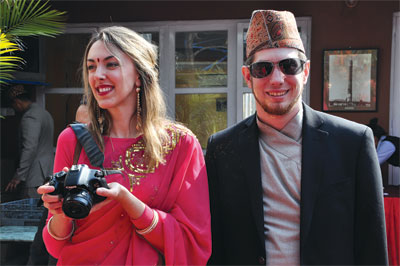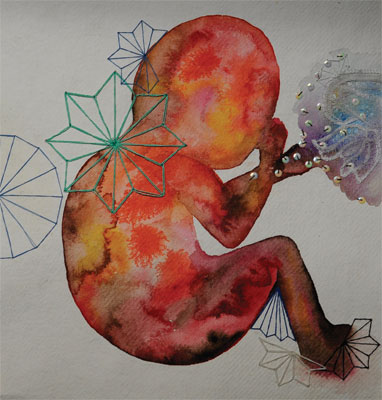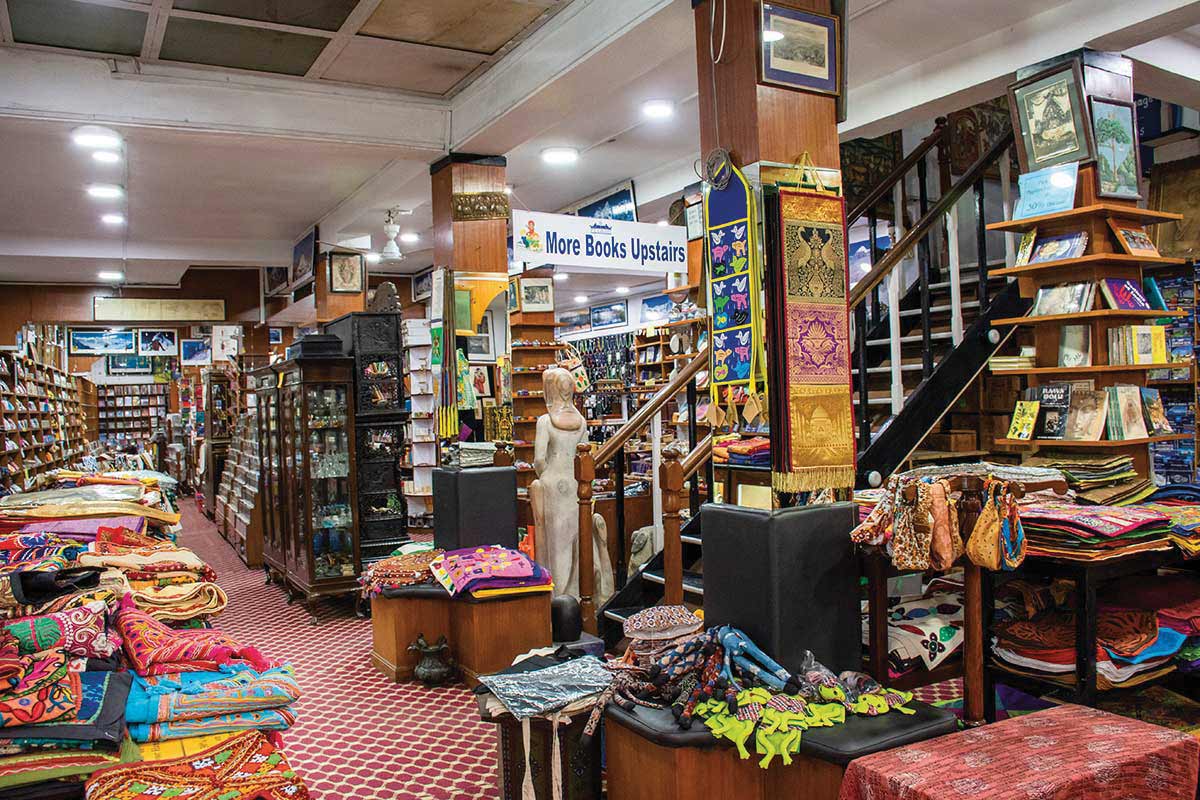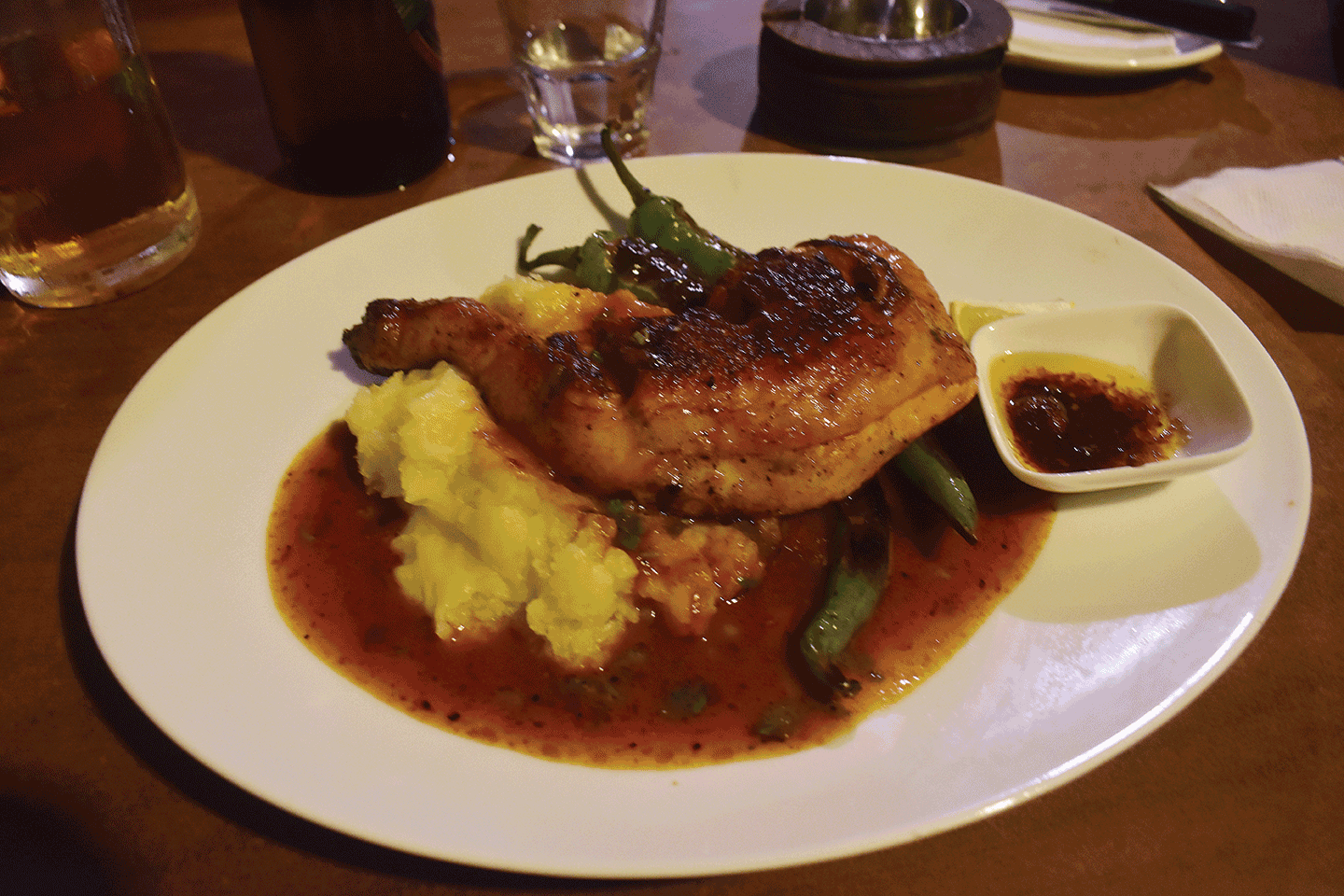Uprooting and re-rooting in and to different cultures, what kind of experiences do second generation expatriates have?
I was born on May 23, 1985 at Patan Hospital. It was a pretty smooth début - apart from the night-long labour - my dad reading his newspaper upside down to try to conceal his nerves, and a lot of yelling on my part. What was not so smooth was my parents’ unforeseen, lengthy struggle for my British passport.
 This question of my national identity has been a running theme in my life. Mum was born in Kashmir, to doctors and Dad was born in Uganda, the son of a Navy Officer. Being of the second generation born outside the UK, I was not eligible for British citizenship.
This question of my national identity has been a running theme in my life. Mum was born in Kashmir, to doctors and Dad was born in Uganda, the son of a Navy Officer. Being of the second generation born outside the UK, I was not eligible for British citizenship.
What got me the ticket in the end was my Grandpa’s original letter of entry into the Royal Navy. I have always been amused that somehow, having my Grandpa working under the Queen in the Royal Navy made me more British than other second generation expatriate children. Consequently, I have always considered the notion of a pure identity questionable.
When I was eleven, I moved to the UK to complete my secondary schooling. Once my education was done, dusted, and with a few years of work experience under my belt, I transferred my life back to Nepal. For a select few of us who leave, this country remains lodged in our system and we are compelled to return to fully absorb all that Nepal has to offer. When people leave Nepal, they experience some kind of culture shock in their new surroundings. Upon return, they go through a similar transition, re-adjusting to life here.
Moving to the UK was perhaps my most unpleasant experience of culture shock. As well as trying to comprehend a new country and its way of being, I was also grappling with adolescence, attempting to define myself as a woman and as a British citizen. I was re-defining myself in a very apathetic culture as opposed to a highly reverent and religious one.
What I was facing was five full years of upheaval and, frankly, misery. Wrestling with a different set of value systems, and ways of thinking threw my upbringing into question. This left me spinning, wondering what was real. I remember those first years in the UK visually as a great ink blot in my life, with confused and angry scribbles of rage spurting off in all directions. How come people in Nepal loved me and people in the UK did not? How come the Nepalese were warm and friendly but the British were cold and reserved? How come the Nepalese were so religious and aware of the spiritual world when the British were not? How come in Nepal people had such big, loving families and in the UK families were much smaller and often broken? At this point in my life, I saw things in generalisations, from a child’s perspective. To me, Nepal symbolised everything that was good while the UK symbolised everything that was bad. I was negotiating my way through some big cultural questions which would inform my own value system. Until that point, my understanding of families, people and religion was formed around the values of my parents and the Nepalese people. Arriving in the UK threw all of these understandings into question. As a confused and lost teenager, I reacted in the only way I knew how, with grief and rage. All my friends who moved to their passport countries after Nepal experienced intense grief as they recovered from the loss of leaving a country and friends.
 To add to this inner turmoil, I had no knowledge of British fashion, colloquial language, TV shows, popular bands, all the more superficial things that matter greatly to teenagers. I learnt to stay silent, if in doubt, say ‘no’ and to imitate what I saw. As a white person moving to the UK with a British accent I was expected to know how to behave. I often felt that it would have been easier to have had brown skin because people who are clearly not from the country originally are given a bit of space and time to adjust.
To add to this inner turmoil, I had no knowledge of British fashion, colloquial language, TV shows, popular bands, all the more superficial things that matter greatly to teenagers. I learnt to stay silent, if in doubt, say ‘no’ and to imitate what I saw. As a white person moving to the UK with a British accent I was expected to know how to behave. I often felt that it would have been easier to have had brown skin because people who are clearly not from the country originally are given a bit of space and time to adjust.
Culture shock renders people in sticky situations regularly. A friend who moved from Papua New Guinea to Australia found herself stuck in Melbourne city one night having missed the last train home. Her life experience in PNG taught her to find a safe place to wait until morning arrived. This she did and caught the first train home in the morning. It wasn’t until afterwards while she was relating the story to her friends that they asked her why she had not just called for a taxi home. What was common sense in PNG was not common sense in Australia.
When young people move abroad, everyone has a different story, different tragedies and joys, and different elements which factor into their experience. At first, when you realise that you are reassessing what you had thought was reality, it is really uncomfortable and scary. Uprooting from one culture and planting yourself into another is like ripping apart a jigsaw puzzle and putting the pieces back together again, bit by bit. Only, the pieces all go back in a different order and make an entirely different picture to the original. This is especially disconcerting for those of us who move during our main developmental years.
I have now completed many ‘jigsaws’ and while there are still aspects of a new culture which hit me, none strike with quite as much ferocity as when I moved the first time. A path well-trod is less painful because you know how it feels to walk it but you still meet a new you at the end. My values and ways of understanding what I encounter, adapt each time I uproot and re-root.
Going back to the UK for Christmas this year, I loved having scalding hot power showers. Unfortunately, the pressure to succeed and perform, and the accompanying anxiety, also set in pretty quickly. In contrast, upon returning to Nepal, I was astounded at the petrol queues I remembered from my childhood. Yet the ease of talking to new people as if you’ve known them for years has been so comforting and familiar. Another striking contrast is that in the UK I am hidden and protected from aspects of life such as child trafficking, poverty and corruption, whilst in Nepal these issues are in front of me, taking place right under my nose. These contrasting realities pull and tug me in all directions.
I have come to realise that some things are just inescapable aspects of the country in which I am living, whether annoying or enjoyable. Some things need change and some are to be simply endured. Other things are cultural and they teach me what I value and who I do and don’t want to be, the life I do and don’t want to lead.
So who am I? I have lived in three countries, I have a passport for one, I would say I am British but I was born in Nepal. With parents born and brought up in Kashmir and Uganda, where does that leave me? Am I British because of my passport or because I am white? Am I Nepali because I was born here?
Mostly what I’ve realised and come to accept is that I don’t ‘fit in’ fully anywhere. In both Nepal and in the UK, people struggle relating to anything which does not pertain to their own culture. For me, spending time with people who have been brought up abroad, there is a camaraderie and an ease and depth of understanding. I find a sense of belonging in open minded, accepting people who have international life experience, awareness and interest.
Spending a significant number of my developmental years in both Nepal and then in the UK, I recognise aspects of both country’s values, perspectives and philosophies in my personality. I relate best to people who have lived abroad for a significant number of years and who have then transplanted their lives into another country. Internal struggles, pain and confusion are not refundable but they do eventually plateau and a stability of sorts works itself out in the end.n









